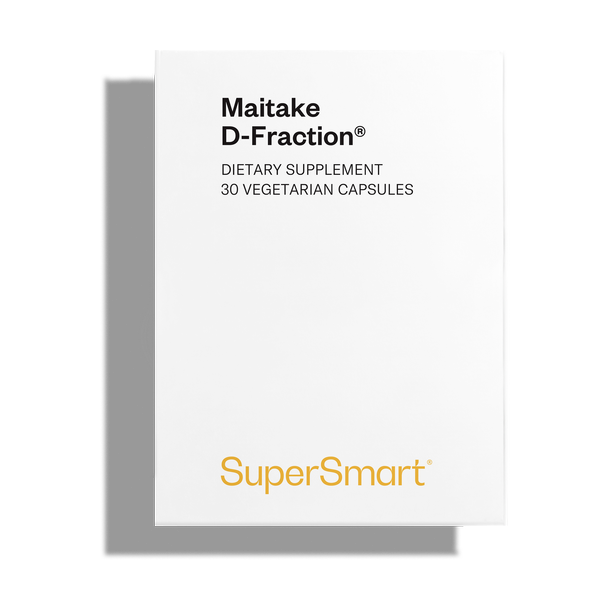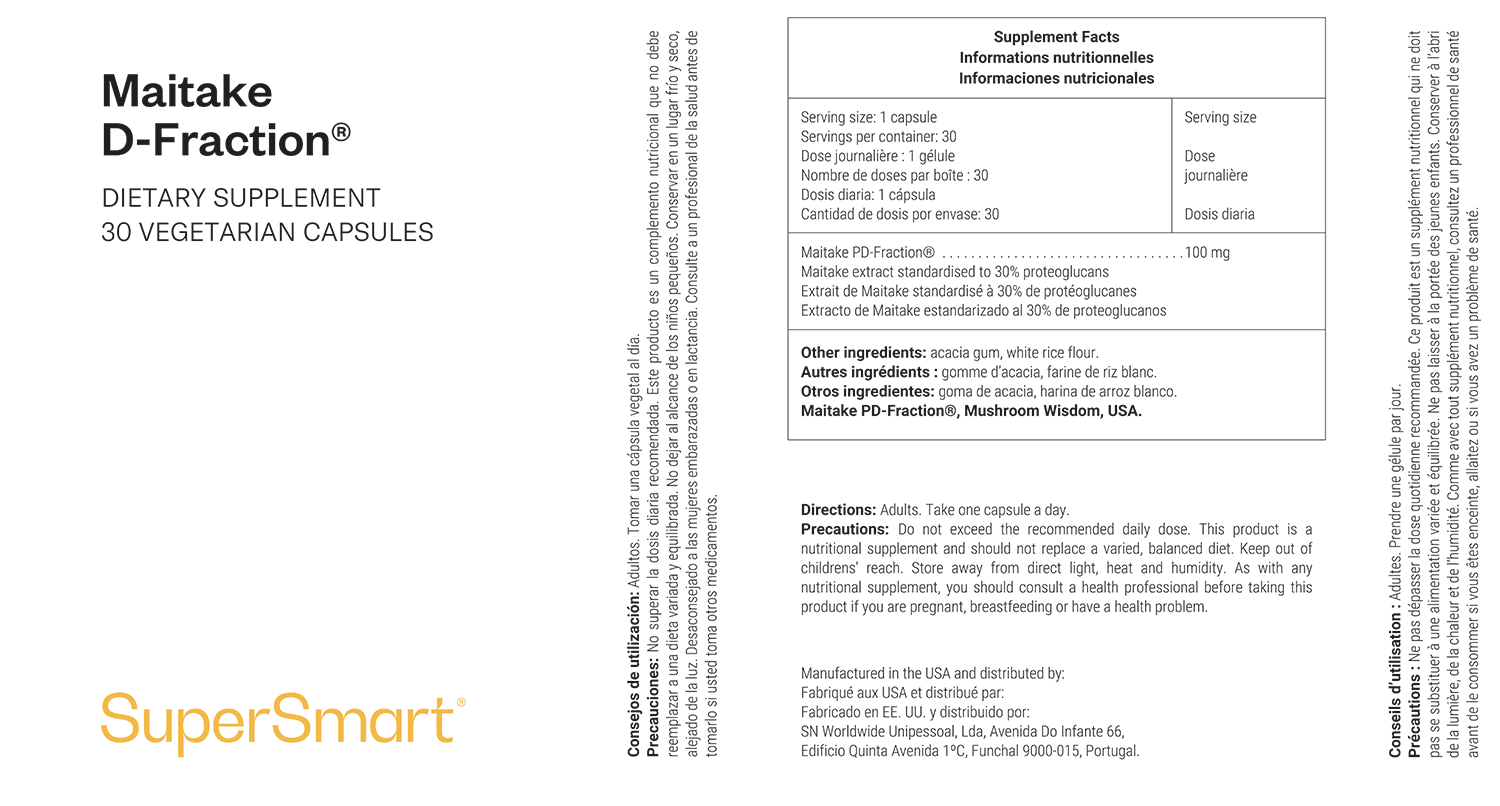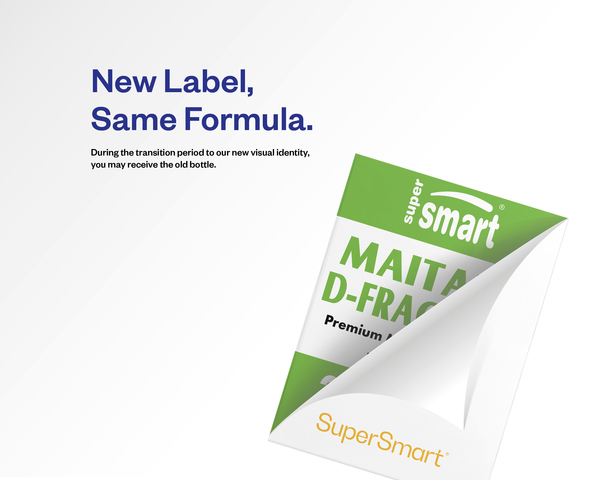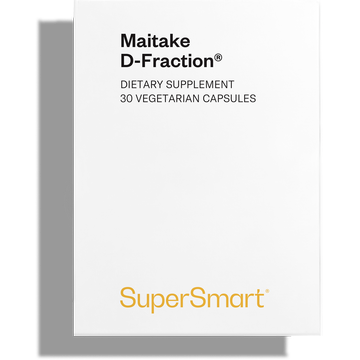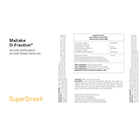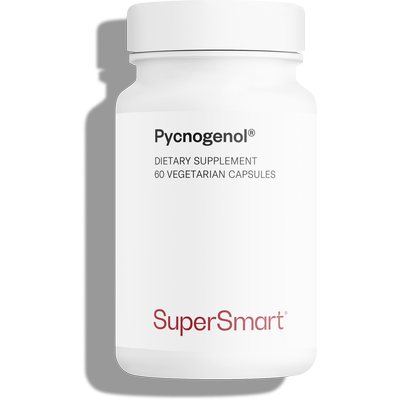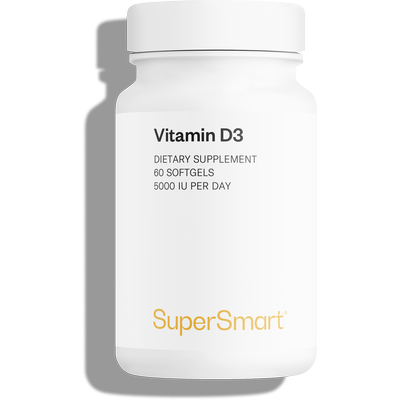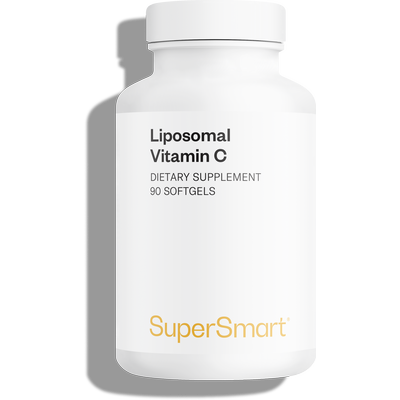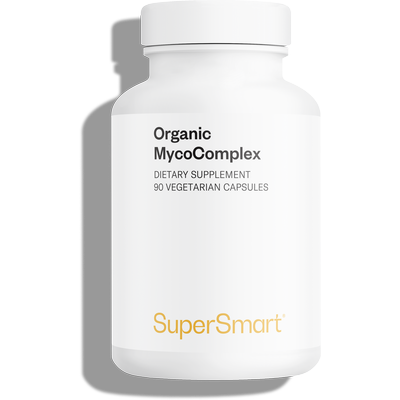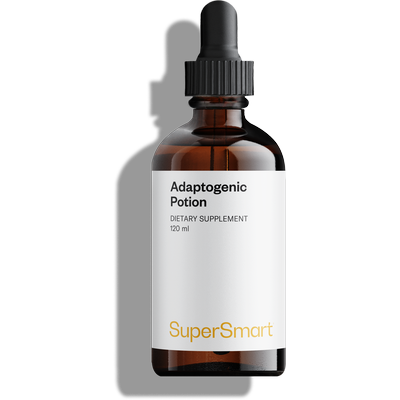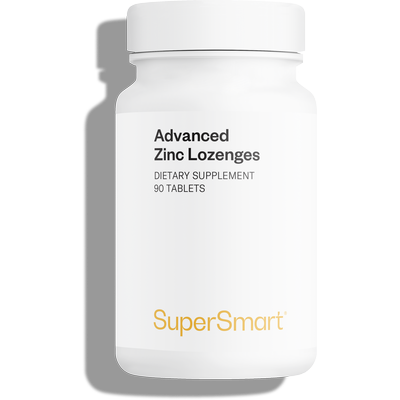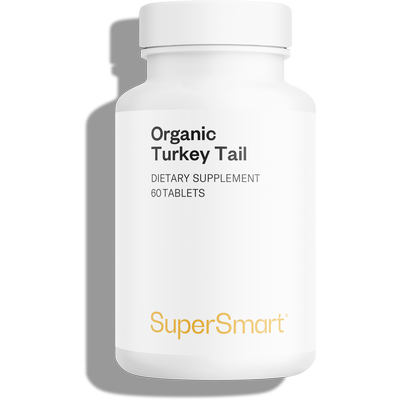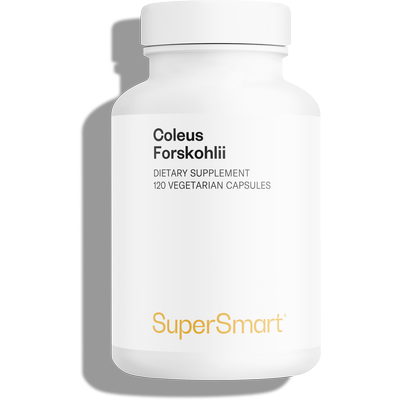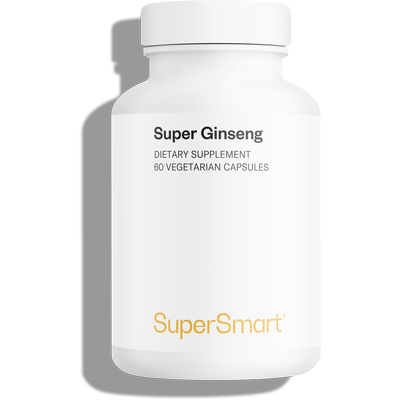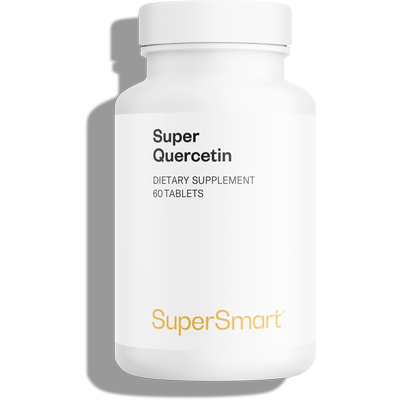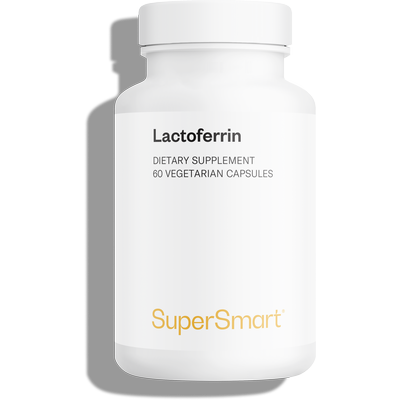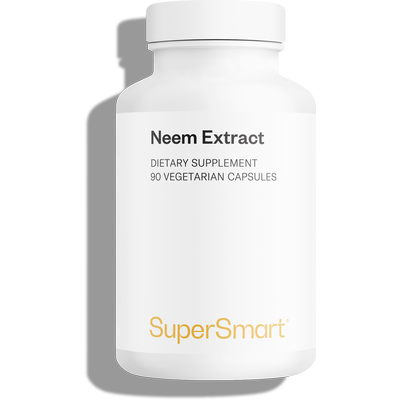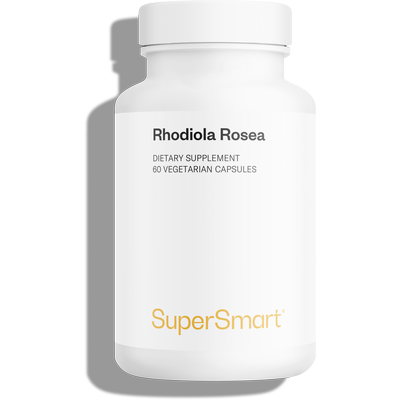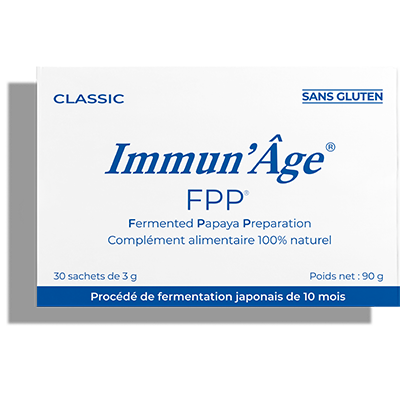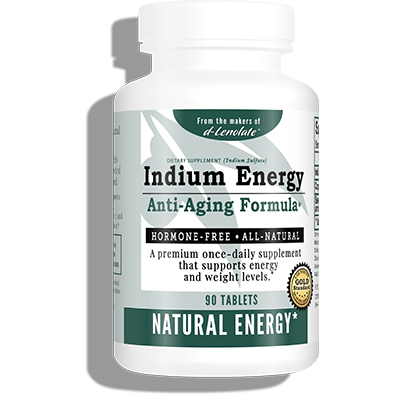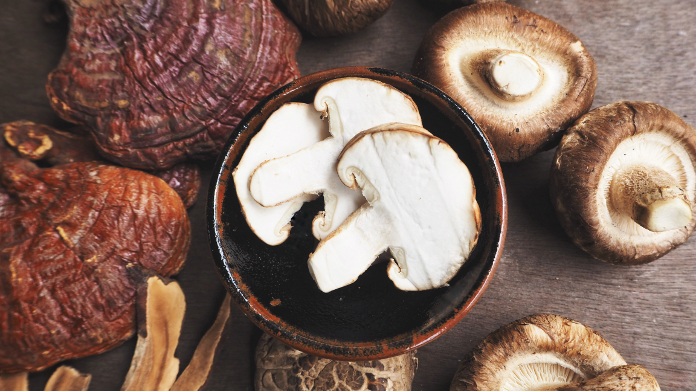Complete your selection
Maitake D-Fraction® is a dietary supplement containing maitake, a famous mushroom described as a tonic and regenerator in traditional Japanese and Chinese medicine.
This premium maitake extract is standardised to 30% proteoglycans, the mushroom’s most powerful active ingredients (known as ‘D-Fraction’). D-Fraction is the subject of numerous immunology studies.
The supplement Maitake D-Fraction® is part of our Immunity category.
Maitake, the invaluable ‘dancing mushroom’
Maitake (Grifola frondosa), also known as tufted polypore or king of the mushrooms, is a grey-brown fungus native to northern Japan, recognisable by its coral-like structure. Weighing up to around 10 kilos, it is structured around a ramified trunk supporting a large cluster of caps.
This unusual fruiting pattern, reminiscent of a flutter of butterflies, is thought to be the origin of its poetic sobriquet, ‘dancing mushroom’, though this may equally refer to the people who chanced upon it apparently dancing with joy at their discovery. Very rare and highly-prized, this mycological specimen used to be exchanged by Japanese herbalists for its equivalent weight in silver.
Most commonly found in autumn around the base of dead tree stumps (oaks, elms, chestnuts...), maitake grows wild on the east coast of North America as well as in Europe. As a result of its enthusiastic reception by both the culinary world for its rich flavour, and the medicinal one for its remarkable biological activity, it has been cultivated since the 1980s (1).
What are the health benefits offered by maitake?
Practitioners of Japanese and Chinese medicine typically attribute maitake with regenerating and revitalising capacities believed to ‘cleanse heat’ and ‘eliminate damp’ which slows down the flow of energy (Qi) in meridians (2).
We now know that maitake has a high content of beta-glucans. The extraordinary bioactivity of these types of fibre was only understood in the 1980s following the isolation of proteoglycans (beta-glucans bound to proteins): D-Fraction (or Fraction-D) (3). This fraction contains the majority of maitake’s health benefits (4).
More recently, human studies have examined the effects of maitake’s D-Fraction on immunity, particularly on activation of macrophages, T cells and natural killer (NK) cells (5).
The D-Fraction proteoglycans have a higher degree of ramification than ordinary beta-glucans, which appears to be a key factor in their potential high immune activity. They also have greater bioavailability when taken orally than other beta-glucans, and thus superior effects.
It’s also worth highlighting that animal trials are investigating maitake’s potential as a beneficial functional ingredient in managing certain metabolic disorders, especially glucose intolerance (6).
What’s more, maitake has an excellent nutritional composition. It contains a number of B group vitamins, vitamin D, various minerals (potassium, magnesium, calcium, iron, phosphorus...), fibre and amino acids (7-8).
From which part of the mushroom does this maitake supplement come?
Our maitake extract is taken exclusively from the mushroom’s fruiting body, a reliable source of D-Fraction.
It does not contain any mycelium, as this has not been scientifically shown to contain D-Fraction.
What is in it Maitake D-Fraction®
Any questions?
Maitake PD-Fraction® offers a high dose of 100mg of maitake extract per capsule, the extract being standardised to 30% proteoglycans (D-Fraction).
The recommended dose for this supplement is 1 capsule a day. It is for use by adults only.
By adopting healthy lifestyle habits, you can help support your immune system and general health:
- take regular, moderate exercise to improve the circulation of your immune cells;
- get enough sleep (around 8 hours a night), as a lack of sleep weakens immunity;
- eat a balanced diet, with plenty of fruit and vegetables – sources of vitamins, minerals and antioxidant phytonutrients;
- learn to manage your stress levels through meditation or yoga, as stress is bad for your immune defences;
- and wash your hands regularly to prevent infections.
Maitake supplements are generally extremely well-tolerated and cause very few side-effects. Allergic reactions or mild intestinal discomfort have been reported in a few rare cases (9).
There are no specific contraindications for maitake. However, women who are pregnant or breastfeeding are advised to consult their doctor before starting supplementation.
To support maitake’s ‘defensive’ dimension, it can be combined with cat’s claw or Uncaria tomentosa, a medicinal plant from the Amazon which supports the immune system (10).
To maintain vitality more generally, you can also take Adaptogenic Potion, which, in a single, synergistic formulation, combines the benefits of mycotherapy (reishi, cordyceps, chaga, shiitake and Trametes versicolor) with adaptogen plants from Ayurvedic medicine, such as holy basil (11).
Need help?
You may also like

